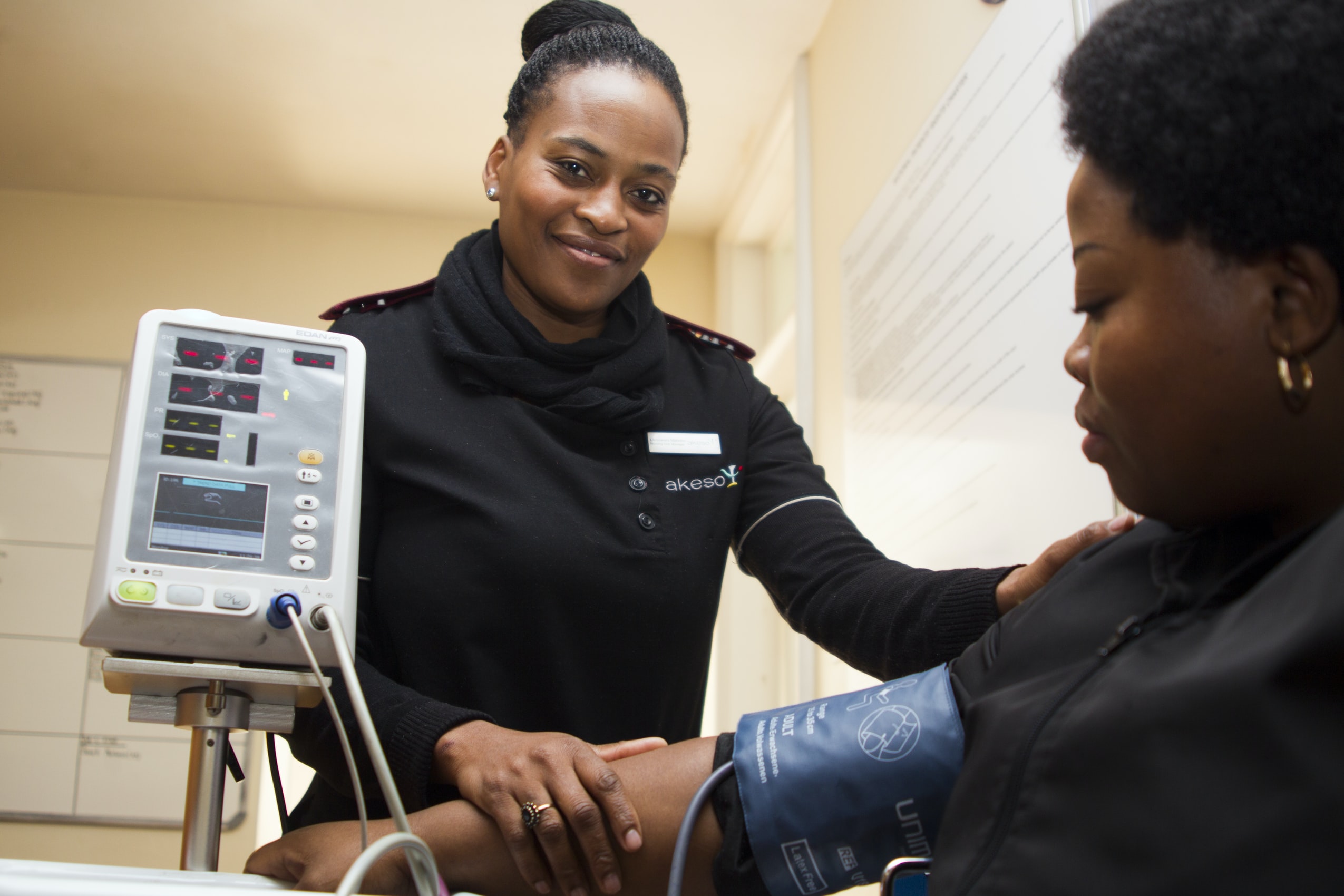Seated in the farthest corner of the room, head lost in space, with eyes so deeply scarred, she struggled to properly cover the turbulence that raged in her mind. She sat smiling, attempting to camouflage all the hurt she felt beneath her skin from her peers.
My friends always point out how I am an optimist, always willing to see the bright side in spite of challenges that come. Some even consider optimism to be one of my greatest strengths. However, this seemingly endless reservoir of optimism that keeps me going each day has a dark origin. Just like the girl I mentioned earlier, I’ve been fighting to find peace from the endless stress and strain my mental health has had to endure in times where seemingly impossible situations held me under siege. Like that girl, I was determined not to expose this struggle to the outside world; therefore, I wore a happy face in public places and with friends before going home to release all my anger and frustration I had inside in the isolation of my bedroom. It was 2015 and I had just started a new semester at the University of Liberia and everything seemed to be looking up. However, within a few weeks of starting school, my grandmother, a single mother who was the only immediate relative I had left alive, fell ill with what appeared at the time to be a mild illness. What followed in the ensuing six months were probably the most traumatic series of events I have had to endure in my life.
I had always been an optimistic person, believing that if you think positively, positive things will happen. I was taught to always believe in the power of positive thinking, never giving up, no matter how stacked the odds were against you. For example, I nearly never attended school when I passed to the 12th grade because at the time, my grandmother was in the midst of a deep financial depression. I found myself having to counsel my grandmother as she battled stress and worry using the same principles that she taught me. A week after registration had closed with school in session, a good Samaritan made funds available, subsequently paying for my school fees and school related necessities. It was occurrences like this that built my belief in optimism which helped to solidify my mental strength. The happenings though, that occurred between October 2015 to March 2016, challenged my belief in this philosophy to its very core.
As my grandmother’s illness worsened, she was admitted to a local clinic in Monrovia, where she was diagnosed with diabetes according to medical personnel. During these early days of her affliction, I remained upbeat about the situation, having absolute belief that it was just a matter of time before she made a full recovery. One fateful evening, I was unexpectedly robbed of this belief by a phone call. A worker at the clinic shakingly informed me that my grandmother’s condition was beyond the clinic’s capabilities. She was in a coma and didn’t have much time left, therefore we should hurry to be with her in her last few moments. As if I had suffered a stroke, I stood paralyzed, unable to move; yet I somehow calmly informed the rest of my family members the news. After the pandemonium had subsided, I was left home as the rest of the family members rushed off to carry her to a different hospital. With my optimism facing a stern test, I held on to the little hope I had left. Hours later, after being rejected by several facilities, I was informed that she had survived even after being misdiagnosed. Like ice melting into water, I was released from the tension of uncertainty and felt my emotions flow smoothly once again; optimism had not let me down.
Time passed, surgeries and operations went by, and the hope I once had slowly withered away. As the strongest woman I knew was reduced to a shadow of herself, the optimism I once had in abundance became scarce. It was that cold killer, cancer. As she lamented about the pain she felt physically and mentally during our last conversation, I could see the scars of a weary soul too tired to fight, she just wanted peace. The next day she died in my arms, condemning what little shred of positivity I had left to disappear with her. In the months that followed, I was strangled by negativity, for my oxygen that was once in limitless supply had vanished. As I sunk into the valley of loneliness, with my mental state shattered, my grades faltered as the passion I once had for school evaporated. The road to recovery would be a difficult one; rediscovering the optimism I once had would be anything but easy.
This story of mine seeks to highlight how the circumstances we encounter can wear us down mentally, trapping us in a sphere of loneliness as we regress. In a society that is ravaged by poverty and suffocated by corruption, the mental health of citizens as they navigate treacherous societal conditions to make ends meet is usually overlooked by almost everyone. We have people, especially young people whose mental states are crumbling under the pressure of external and internal forces with nowhere to go or no one to turn to. Hence, they face the battle for their sanity alone as depression, anxiety and stress drain away every ounce of hope in their lives. They are the ones I call the ‘silent sufferers’, for they battle their demons in the dark. Their screams are silent so we think they aren’t in pain, their tears run dry so we assume that stress has no stake in their heart. I have rediscovered my optimism, so unlike them, I have something to hold on to, although I am still confronted by these feelings.
It is 2020, and I find myself in a precarious situation, having had complications renewing my visa, missing my flight, being several months late for school and not having funds to pay my fees. Yet through this debilitating period, optimism keeps me afloat the river of disaster, preventing me from drowning. Like many others, I contend with my afflictions in silence, but unlike others, optimism is a pillar upon which I can lean on for comfort in these trying times. I think it is about time we bring mental health from the shadows and into the limelight. The answers needed to address the mental state of people who suffer from mental illness and issues might not be obvious, but giving attention to the problem is a step on the road to solutions. In the end, mental health matters too.
Authored BY Joshua L. Alston
Feature Picture by Hush Naidoo


This is really touching I must admit. Thanks to the writer for this piece.